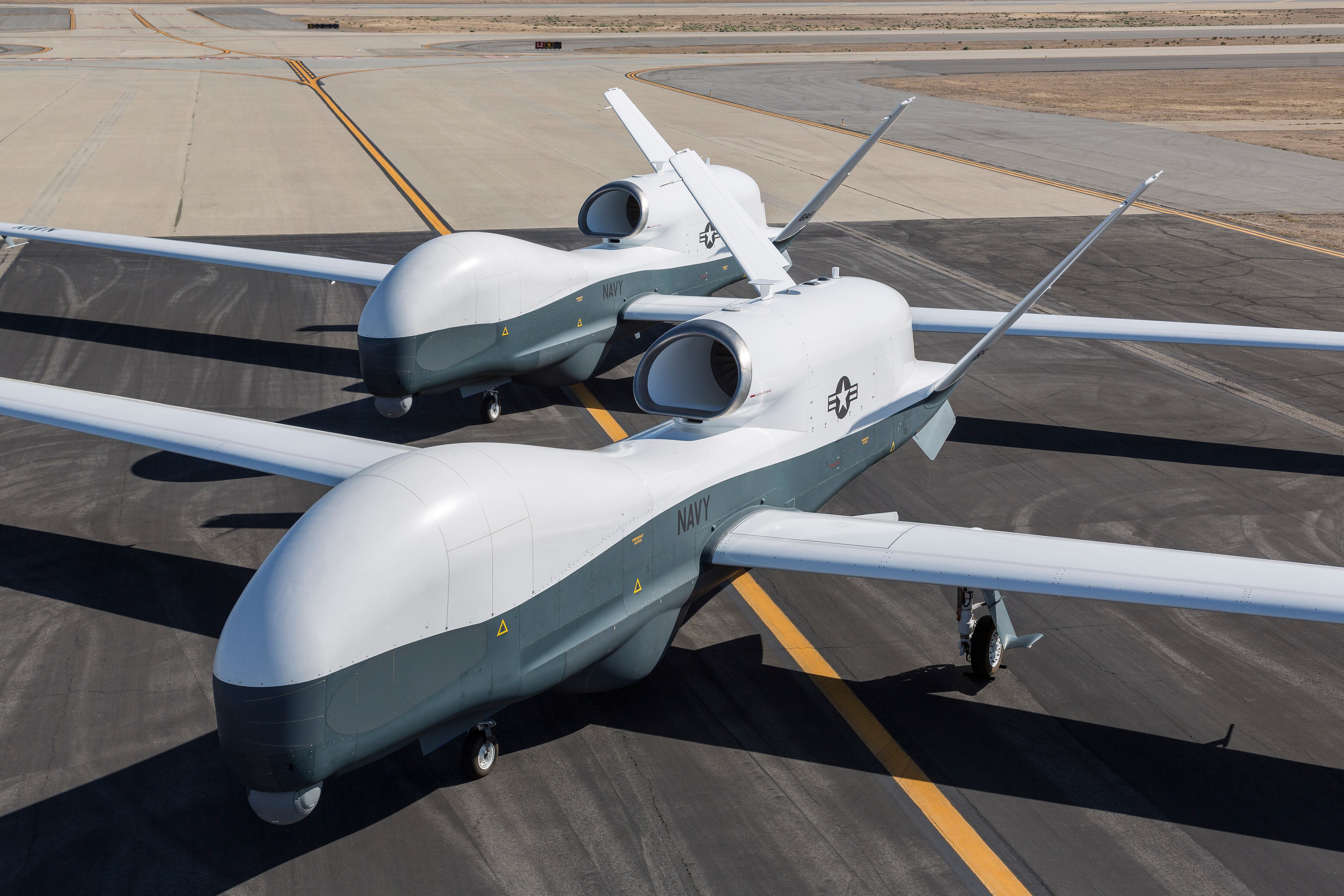PARIS ― German lawmakers on Wednesday signed off on a proposal to lease five Heron TP drones from Israel, drawing immediate praise from Prime Minister Benjamin Netanyahu.
The $1 billion-plus deal will replace the Heron 1 unmanned aircraft, deployed by the Bundeswehr for surveillance in Afghanistan and Mali, with a weapons-capable successor model. The terms of the parliamentary approval dictate that arming the drones will later require a separate decision by lawmakers.
Netanyahu lauded the decision as a “great contribution to the Israeli security industry and to the Israeli economy,” according to a statement distributed by his office. “The giant deal is an expression of the strategic partnership between Germany and Israel and attests to the potential of Israeli industry to contribute to countries such as Germany.”
He said the topic of the Heron TP lease, which had been awaiting a decision for a year, came up at a meeting last week with German Chancellor Angela Merkel, and he thanked her for “dealing with the issue.”
However, it’s questionable that Merkel had much to do with the final outcome, as both coalition government parties already had lined up support ahead of the meetings of the defense and appropriations committees yesterday.
RELATED

The Bundeswehr’s procurement organization awarded a contract to Airbus Defence and Space as the leasing agent immediately following the approval ― a sign that defense leaders want to hurry the project along.
Training on the aircraft is slated to begin this year, with operational deployments possible as soon as 2020.
Israel Aerospace Industries, which makes the Heron TP, announced Thursday it had signed a deal with Airbus for $600 million and a duration of nine years. The company noted that money would only begin flowing once the German parliament finalizes ongoing negotiations on the federal budget.
“We are thrilled and proud of this agreement with the Federal Ministry of Defence, a major strategic customer,” said Shaul Shahar, IAI’s executive vice president and general manager of the military aircraft business.
RELATED

The drone’s “strong performance will provide Germany with unprecedented air superiority,” he added.
Opposition parties in the Bundestag were less excited about the decision. Tobias Lindner, the point man of the Green Party on defense issues, criticized the deal as taking Germany one step closer to a combat drone without first having the type of national debate to which the government parties themselves have committed.
Sebastian Sprenger is associate editor for Europe at Defense News, reporting on the state of the defense market in the region, and on U.S.-Europe cooperation and multi-national investments in defense and global security. Previously he served as managing editor for Defense News. He is based in Cologne, Germany.








